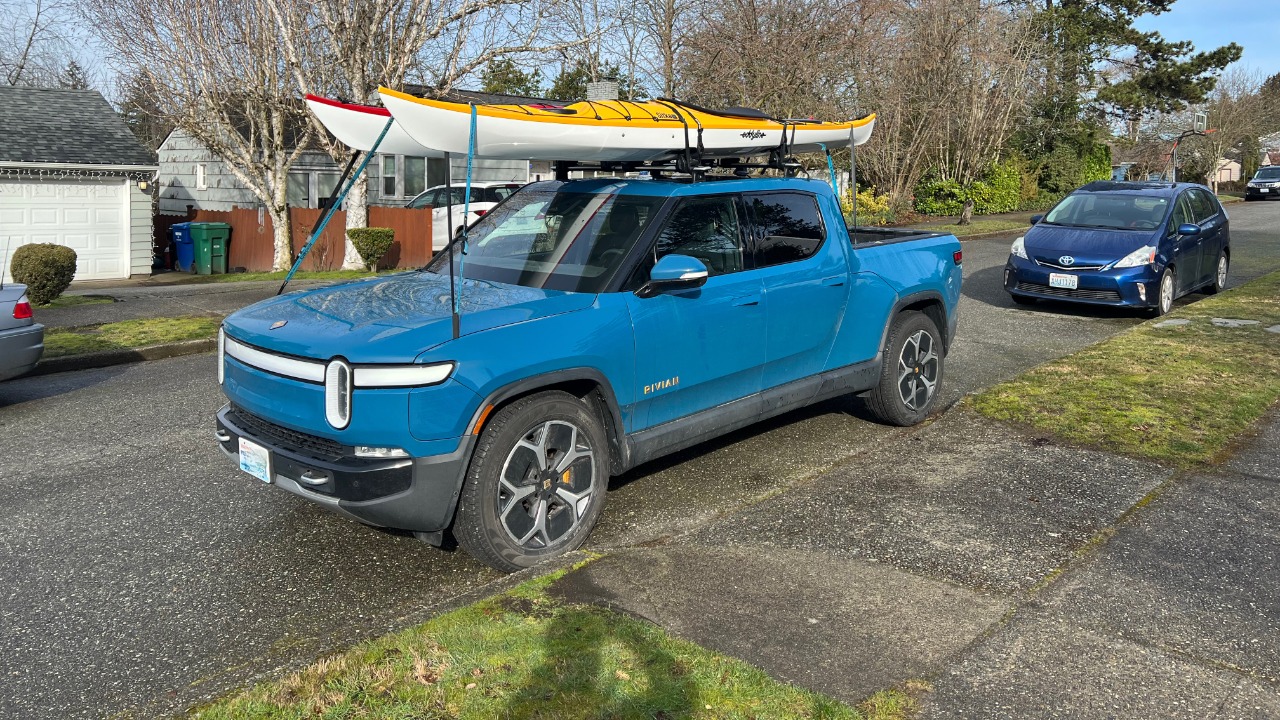
A recent study, published on November 15, 2025, challenges the prevailing stereotype of electric vehicle (EV) truck owners as mere urban commuters, often derided as “pavement princesses.” The research, based on comprehensive surveys and usage data analysis, reveals that EV truck owners actively use their vehicles for off-road and utilitarian purposes, thereby defying the stereotype of superficial adoption. This revelation comes at a time when EV truck sales are on the rise, potentially reshaping industry narratives around practicality.
Unpacking the ‘Pavement Princess’ Myth
The term “pavement princess” is often used pejoratively to describe truck owners who purchase rugged vehicles primarily for show, without engaging in off-road or heavy-duty tasks. This stereotype has its roots in automotive culture, where EV trucks like the Ford F-150 Lightning and Rivian R1T have been unfairly tagged as urban toys despite their capabilities. Media portrayals have often perpetuated this view, overlooking the real-world applications of these vehicles in towing, hauling, and trail driving.
Methodology Behind the New Study
The study involved surveys of over 1,000 EV truck owners across the U.S. to track mileage, usage patterns, and off-road frequency. Data collection methods included telematics from vehicles and self-reported logs, ensuring a broad sample from urban, suburban, and rural areas. Independent researchers played a crucial role in validating responses to avoid bias in assessing true versus perceived usage.
Revealing Usage Patterns of EV Truck Owners
The findings of the study are quite revealing. For instance, 68% of EV truck owners reported off-road adventures at least monthly, shattering the idea of limited versatility. In terms of towing and hauling stats, 75% of owners used their trucks for loads over 5,000 pounds annually, comparable to traditional trucks. Furthermore, daily driving data showed an average of 40% of miles on unpaved surfaces, directly countering the pavement-only narrative.
Demographics and Motivations Driving Adoption
The study also provided insights into the demographics and motivations of EV truck owners. Notably, 55% of owners are blue-collar workers in construction or agriculture who chose EVs for their torque and efficiency in demanding jobs. Environmental incentives also played a significant role, with 82% citing reduced emissions as a key factor alongside practical performance. The study also noted regional variations, such as higher off-road usage in Western states like Colorado and Texas compared to coastal urban centers.
Industry Implications and Future Trends
The results of the study could boost confidence in EV truck manufacturing, encouraging investments in rugged features for models like the GMC Hummer EV. The study also predicts a 25% rise in EV truck sales by 2027 as myths fade and real-user testimonials spread. However, challenges remain, such as the need for charging infrastructure in remote areas. The data from the study supports calls for expanded rural networks.
Expert Reactions to the Findings
Automotive analysts have praised the study for providing empirical evidence that EV trucks are “workhorses, not show ponies.” EV makers have also reacted positively, emphasizing how the data validates their engineering for real-world durability over aesthetic appeal. While there have been some skeptics, the study’s robust metrics showing sustained owner satisfaction rates above 90% provide a strong counterargument.
In conclusion, the study effectively shatters the ‘pavement princess’ myth about EV truck owners. It provides a comprehensive understanding of the usage patterns, demographics, and motivations of EV truck owners, thereby reshaping industry narratives around practicality. The findings could have significant implications for the EV truck industry, potentially boosting confidence in manufacturing and driving future trends.
More from MorningOverview